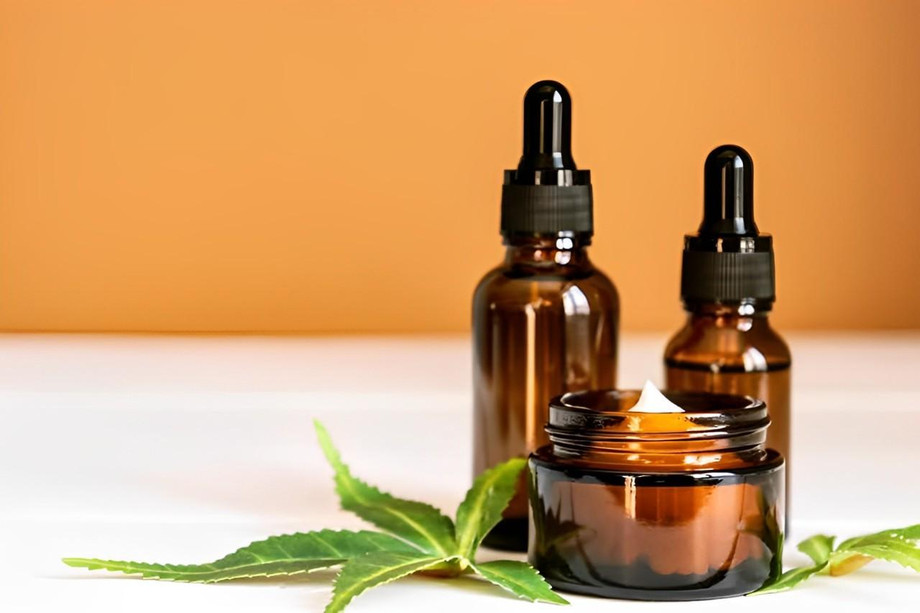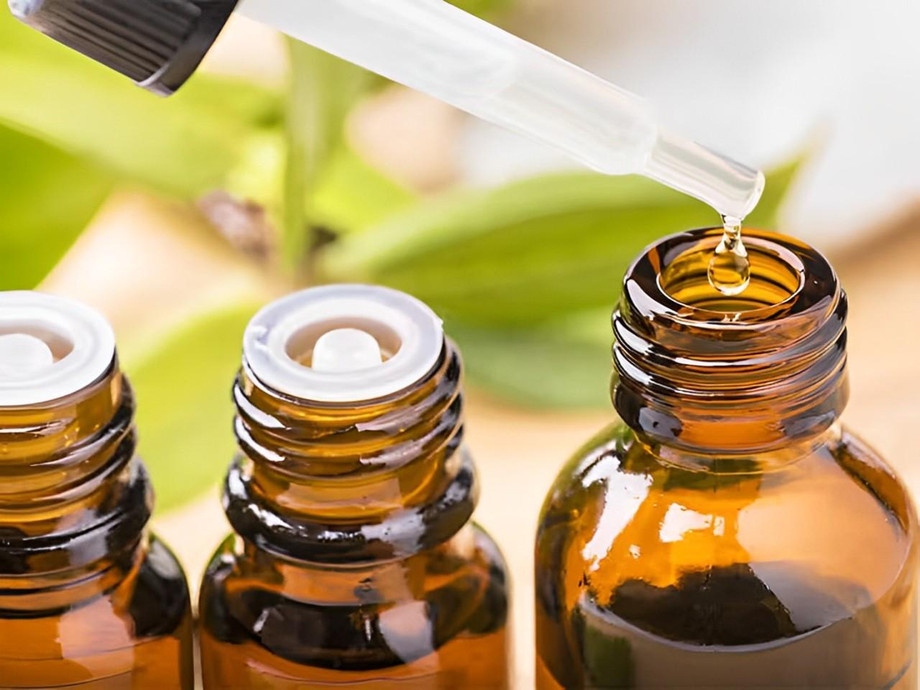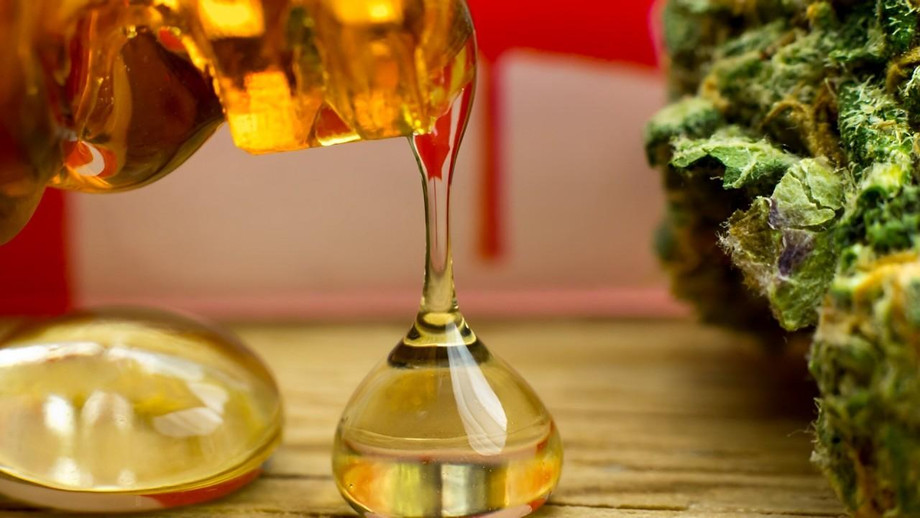As the journey toward full cannabis legalization progresses, states like Illinois have already made adult-use cannabis accessible, marking a major milestone for cannabis consumers. Whether for recreational or medicinal purposes, cannabis has proven to be an effective remedy for various physical and mental conditions, offering relief to many who seek its benefits.
When it comes to choosing the best cannabis products for your needs, the difference between distillates and tinctures might not seem like much at first glance. Both products share some similarities, but upon closer inspection, each offers a unique experience with different applications, benefits, and potency levels.
At Stash Dispensaries, we’re committed to educating our customers on the full spectrum of cannabis products, and we’ve seen firsthand how distillates and tinctures each offer their own set of advantages. So, let’s dive deeper into the differences between distillates and tinctures and how each can enhance your cannabis experience.
What Are Tinctures?
A tincture is a cannabis extract infused into a liquid base like glycerin, food-grade alcohol, or oil. The extraction process involves soaking cannabis in the liquid to allow its cannabinoids and terpenes to infuse with the base. After a period of steeping, the plant material is strained out, leaving a liquid infused with the healing compounds of cannabis.
Tinctures are typically used sublingually (under the tongue), though they can also be consumed as edibles or applied topically. They are a versatile option, ideal for a range of conditions, from pain relief and anxiety to sleep disorders and muscle spasms. THC, CBD, and CBN (the three primary cannabinoids) can all be found in tinctures, each offering different effects. THC is psychoactive, offering a high, while CBD and CBN are milder and non-psychoactive.
A Brief History of Tinctures
Tinctures have been used for thousands of years for therapeutic purposes. The earliest records of tincture use date back to 2700 BC in ancient Chinese medicine. By the 19th century, cannabis tinctures gained popularity in the Western world, with physicians prescribing them for insomnia, pain, nausea, and more. The use of tinctures as a medicinal remedy continued to grow as scientific research on cannabis compounds expanded.
Even today, tinctures remain a trusted and effective option for cannabis consumers, known for their versatility and ease of use.
What Are Distillates?
Distillates are a form of cannabis concentrate created through a highly refined extraction process. The cannabis plant is initially processed to remove cannabinoids and terpenes using a solvent, which is then distilled to isolate and concentrate specific cannabinoids, typically THC or CBD. This results in a highly potent concentrate with a purity level of up to 97% THC in some cases.
The process of fractional distillation removes all impurities, leaving behind only the pure cannabinoid extract. Distillates come in a variety of forms, such as wax, oil, and shatter, and are often used for vaping or dabbing. The high purity of distillates makes them some of the most potent cannabis products available, offering intense effects with relatively small doses.
Distillates: The Modern Cannabis Innovation
Unlike tinctures, distillates are a modern innovation, perfected through advanced extraction techniques. The distillation process was refined in the early 2000s, with Canada being one of the first countries to introduce distillates to the medicinal cannabis market. Today, distillates are an integral part of the cannabis concentrate world and are favored for their purity and potency.
Distillates vs. Tinctures: What Are the Similarities?
Although distillates and tinctures are quite different in terms of processing and potency, they do share a few important similarities. Both products are cannabis concentrates, meaning they contain cannabinoids like THC, CBD, and CBN, which are the compounds responsible for the therapeutic effects of cannabis.
They can both be consumed sublingually, allowing for quick absorption into the bloodstream. Additionally, both distillates and tinctures offer a discreet method of cannabis consumption, ideal for those who prefer not to smoke or vape. Dosage control is also possible with both options, making them convenient and easy to use.
Distillates vs. Tinctures: How Are They Different?
While distillates and tinctures have similarities, they differ significantly in several areas:
- Extraction Process: Tinctures are created by soaking cannabis in alcohol, glycerin, or oil, while distillates go through a more complex fractional distillation process to isolate specific cannabinoids.
- Potency: Distillates are far more potent than tinctures, often reaching 97% THC, compared to tinctures, which are usually no more than 60% THC.
- Flavor and Aroma: Tinctures often preserve the natural aromas and flavors of the cannabis strain, while distillates tend to have a more neutral taste, since they undergo a more intense purification process.
- Consumption Methods: Tinctures can be used topically, sublingually, or as an ingredient in edibles, whereas distillates are more commonly used for vaping, dabbing, or as an additive to other cannabis products.
Applications and Benefits of Tinctures and Distillates
Tinctures are generally used for long-lasting relief, offering a more gradual onset of effects. They are ideal for consumers who prefer a more mild experience and those new to cannabis. Tinctures are perfect for managing conditions like chronic pain, insomnia, anxiety, and nausea.
Distillates, on the other hand, are best for experienced users looking for a potent and quick-acting option. Vaping or dabbing distillates allows for an immediate effect, making them a great choice for those with more specific needs, such as severe pain, nausea from chemotherapy, or chronic inflammation.
Conclusion: Strength vs. Versatility
When it comes to choosing between distillates and tinctures, it ultimately depends on your personal needs and preferences. Tinctures are more versatile, providing a milder, longer-lasting effect, while distillates offer intense, potent effects for more experienced users. Both offer therapeutic benefits, but understanding their differences will help you choose the right product for your health and wellness journey.
If you're exploring cannabis products for pain relief, anxiety, or other therapeutic uses, make sure to visit GeticGlass.com for a wide range of premium cannabis accessories and tools. Whether you're a seasoned cannabis consumer or a newbie, we have the products and guidance you need to elevate your experience!



